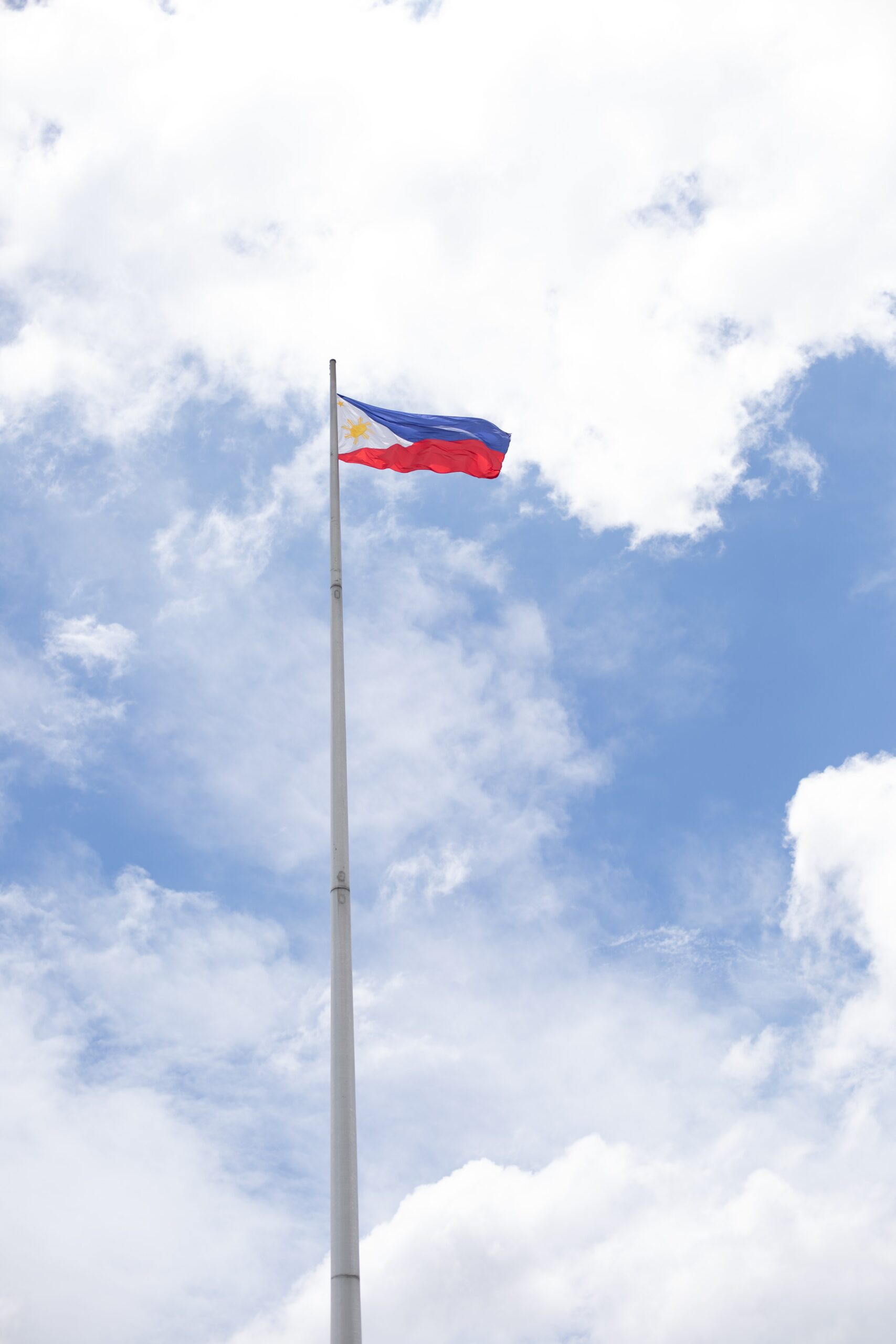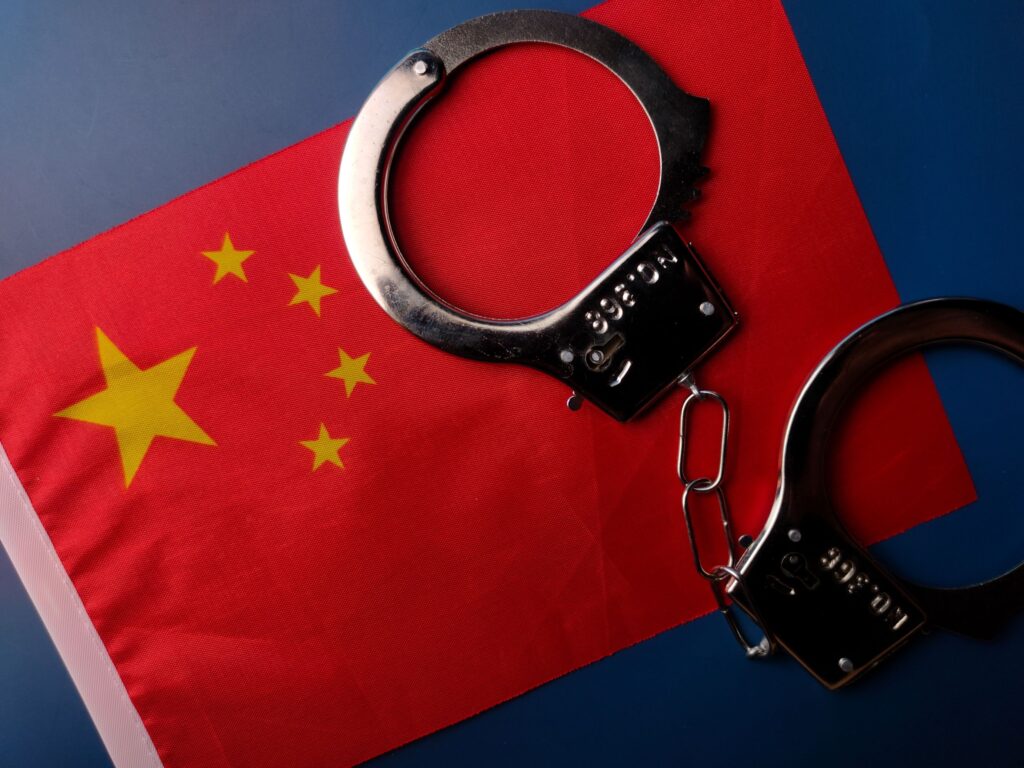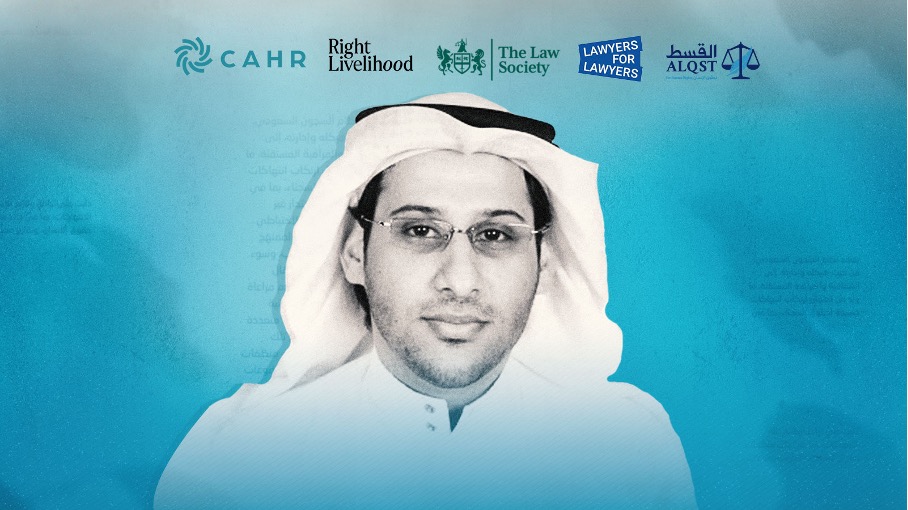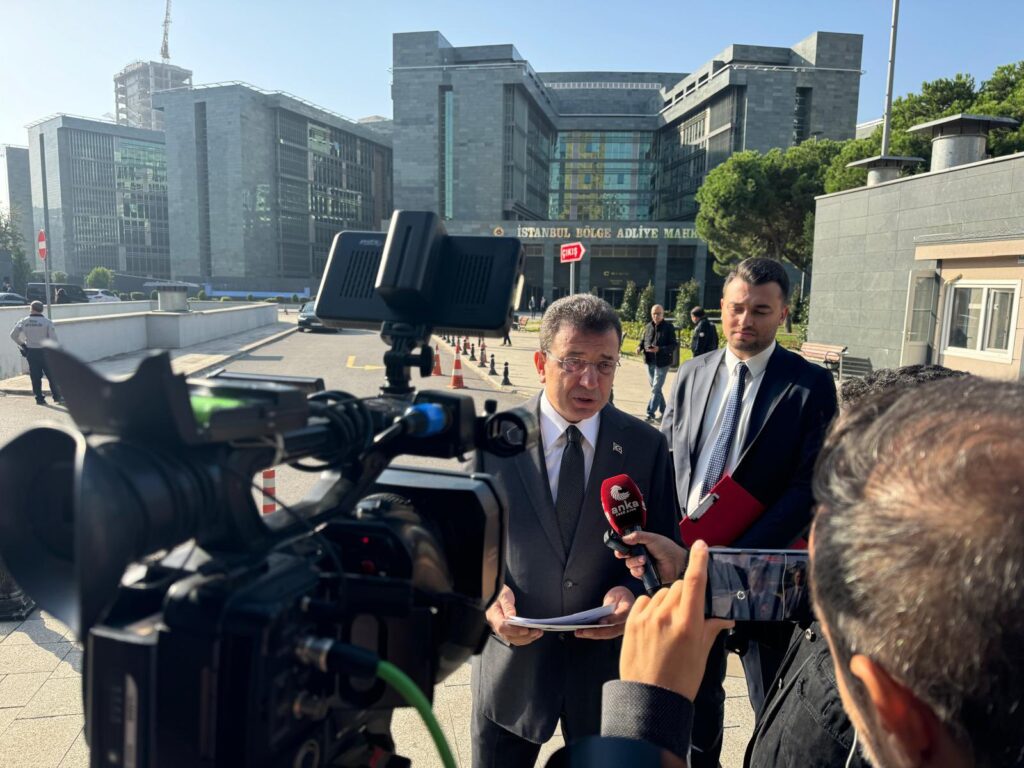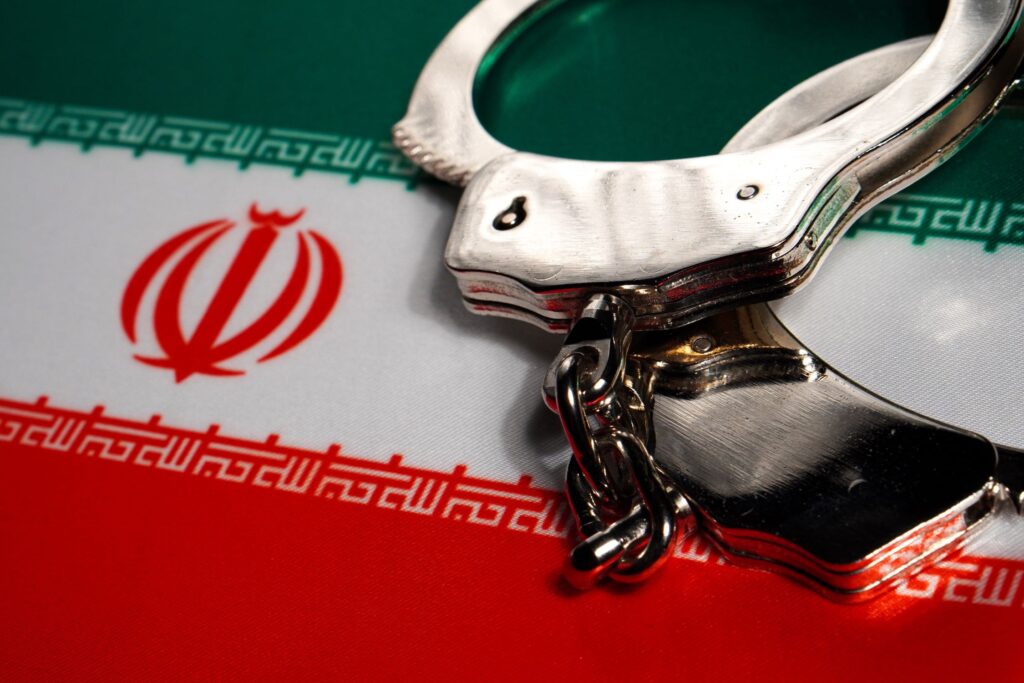On the 31 of March 2022, Lawyers for Lawyers has submitted a report for the Universal Periodic Review (UPR) of the Philippines. The next UPR of the Philippines will take place in November 2022.
The report highlights concerns regarding the Philippines’ compliance with its international human rights obligations to guarantee the right to independent counsel as set out in the United Nations Basic Principles on the Role of Lawyers (Basic Principles) and other international rights instruments. Lawyers for Lawyers is particularly concerning about the following issues:
- Attacks on lawyers, including extrajudicial killings
- Red-tagging
- The Anti-Terrorism Act
- Culture of impunity and inadequate criminal investigation
Although the attacks on, and killing of lawyers has been a problem in the Philippines for a long period of time, this issue has intensified since President Duterte took office on 30 June 2016. The extrajudicial killings have reached a record high since the start of Duterte’s administration. Between the 30th of June 2016, and the 31st of December 2021, a total of 66 lawyers were killed, of whom at least 38 were practicing lawyers. During Duterte’s presidency, on average, every month a lawyer has been killed. Many others have been attacked but survived assassination attempts.
Another worrying occurrence is the practice of red-tagging, or the public branding of individuals, organizations, or institutions as ‘communists’, ‘leftists’, or ‘terrorists’, regardless of their actual beliefs or affiliations. This is being supported or at least condoned by government agents, and is used as a strategy against those who are critical and perceived to be ‘enemies’ of the government. The ramifications of red-tagging lawyers include lawyers being afraid to take on the prosecution of human rights violations and defense of alleged drug offenders for fear of reprisals by State forces, as well as lawyers and law students declining to join certain lawyers’ groups or keep a low profile. Furthermore, clients and prospective clients may withdraw or distance themselves from lawyers.
The practice of red-tagging is worsened and even institutionalised by the 2020 Anti-Terrorism Act, which uses a very broad definition of terrorist crimes that can be punished with severe sentences and limits the rights of those who are considered ‘terrorists’. The potential to name anyone as a “suspected person” may present them to be considered legitimate targets, as they would become enemies of the State.
The aforementioned problems are deepened by the fact that Philippine authorities don’t conduct full and thorough investigations in response to the attacks and killings of practicing lawyers, and many cases remain unsolved. This culture of impunity and inadequate investigations is fuelled by senior government officials, including Duterte himself, publicly expressing support for violence against lawyers.
The attacks against, and extra-judicial killing of lawyers, as well as the red-tagging, and impunity shielding perpetrators all impair lawyers’ ability to provide effective legal representation. These make them increasingly wary to work on sensitive cases, which consequently undermines the proper functioning of the rule of law and the adequate protection of rights such as the right to a legal remedy or fair trial.
In light of these pressing concerns, Lawyers for Lawyers has made multiple recommendations to the Philippine government.
